Since being diagnosed with HIV, Vera and Lyubov have been working to create support services to help other people affected by HIV and to end AIDS in their local communities
For many people, an HIV diagnosis is frightening and isolating, leaving them to wonder what their future holds. For Vera, who discovered she had HIV in 2001 at the age of 23, the diagnosis was a catalyst to act, changing the trajectory of her life forever. “All my activities probably stem, in one way or another, from the fact that I am living with HIV. Now I am surrounded by people who are active in this sphere,” she says.
Vera leads an organisation that provides community-based services for people affected by HIV. RADIAN, a joint initiative by the Elton John AIDS Foundation and pharmaceutical company Gilead Sciences, supports organisations such as Vera’s to address the burgeoning HIV/AIDS epidemic in Eastern Europe and Central Asia (EECA).
Contrary to global trends, deaths from AIDS-related illnesses have increased by around 32% in the past 10 years in EECA, and an estimated 1.6 million people are living with HIV in the region.
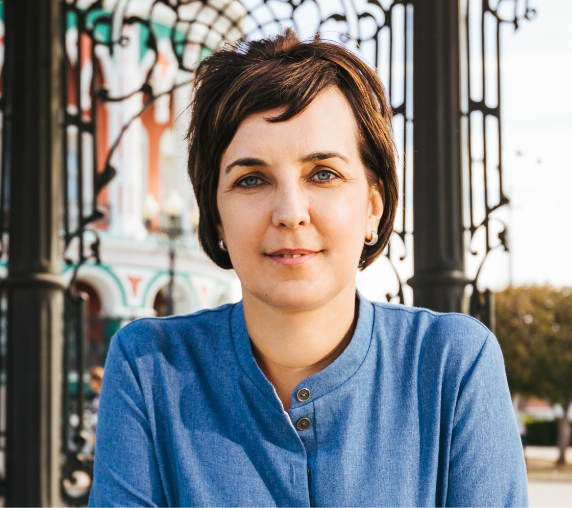
All my activities probably stem, in one way or another, from the fact that I am living with HIV
Part of the problem is that there is still significant stigma attached to living with HIV, which discourages people from accessing necessary treatment and care, leading to poorer health and increased HIV transmission. A report by the Joint United Nations Programme on HIV/AIDS (UNAIDS) shows that an estimated 53% of people living with HIV in EECA are receiving treatment compared with 73% globally.
To help address this issue, RADIAN will support targeted interventions in up to 25 countries in EECA over the next five years, working with a number of grassroots organisations.
Vera’s is one of them. After she saw the need for support services for people like herself, Vera began running groups and patient information meetings to help people living with HIV in 2010. Support from RADIAN is helping Vera and her organisation to contribute to Russia’s national strategy goal to connect people living with HIV to lifesaving care and treatment and to end HIV as a public health threat by 2030.
Vera is working with her local AIDS centre to implement mobile search teams to bring people living with HIV back into care so they can receive treatment. Despite living in an area with a high prevalence of HIV, Vera is optimistic that they can bring about change. “Every life matters,” she says.
Access to treatment and care is critical in reducing new cases of HIV and ending AIDS. When people living with HIV are on treatment, not only are their health outcomes improved, but it’s impossible to transmit the virus.
RADIAN hopes to help tackle the issue through its Model Cities programme and the Unmet Need fund, which aim to expand access to lifesaving services and help end the HIV epidemic in key EECA cities.
Globally, young women aged 15 to 24 are twice as likely to be living with HIV than young men, according to UNAIDS. In EECA, women account for a rising proportion of people living with HIV.
Lyubov, a 36-year-old mother from Kazakhstan, has lived with HIV for 17 years. She has directly experienced how HIV impacts women’s health, safety and wellbeing. Lyubov started campaigning after trying to help a domestic abuse victim who was turned away from her local crisis centre when staff discovered she had HIV.
“I called the head of the crisis centre and told her if they didn’t accept this woman, we would be filing a lawsuit against them for discrimination, and then of course they said: ‘OK’,” she says.
The following day, Lyubov went back to the crisis centre to deliver HIV training to help staff understand more about HIV transmission, stigma and discrimination.
HIV can cause specific health problems for women including issues with their menstrual cycle, early menopause and a higher risk of cervical cancer. Pregnant women, who are not on treatment, are more likely to pass on HIV to their unborn baby and women are also more likely to develop heart problems if they have HIV.
Women are already more likely to experience social and economic inequality than men, and more than half (52%) of women from EECA have experienced physical abuse after being diagnosed with HIV, a 2019 study by the Eurasian Women’s Network on AIDS (EWNA) shows.
I am one of the few people who feels able to talk openly about my HIV status
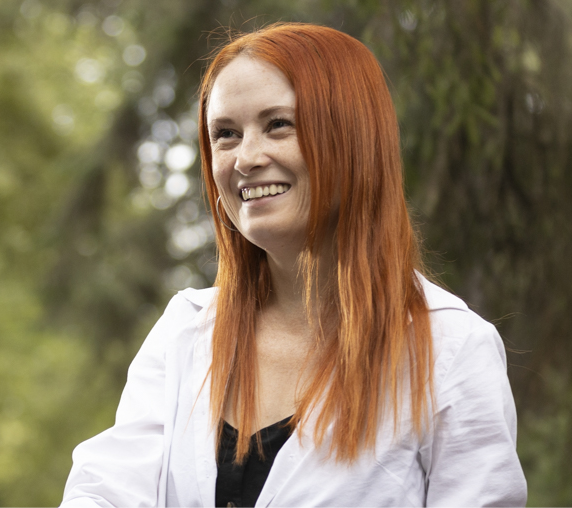
Lyubov hopes her organisation, which provides information and anti-discrimination training to staff in healthcare institutions and shelter homes for homeless women, will continue to help overcome the stigma that still surrounds HIV. “Unfortunately, I am one of the few people who feels able to talk openly about my HIV status, but I think this can be extremely impactful when we are conducting training with doctors, police, and the community. It’s important to be visible,” she says.
“Vera and Lyubov are inspirational. They’ve turned their direct experience as women living with HIV into action,” says Anne Aslett, chief executive officer of the Elton John AIDS Foundation. “It can be difficult to disclose your status, seek support or know where to turn, and these two champions are making HIV care more accessible and familiar to key populations, including women. We’re proud that our RADIAN partnership can recognise Vera and Lyubov to continue their incredible work.”
Alex Kalomparis, vice-president of international public affairs at Gilead Sciences, says: “In the global efforts to end HIV and AIDS, we must acknowledge the importance of the stories of people living with HIV in order to challenge the stigma that perpetuates the epidemic. The personal stories of the RADIAN Changemakers, and the extraordinary work they do, show that lasting change is built by ordinary people recognising their own strength and leading this effort.”
This article was originally published on theguardian.com as part of the RADIAN and Guardian Labs Changemakers campaign
Read More
-
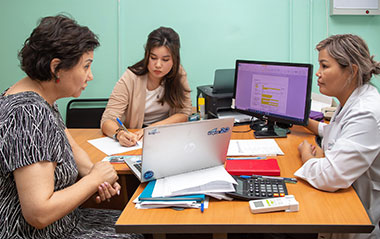
Changemakers
Courage at the Core
Announcing our first RADIAN 2.0 grant recipients: innovators addressing structural barriers to HIV care, promoting equity and scaling proven solutions from RADIAN’s first five years.
NEWS at RADIAN - February 2025
-
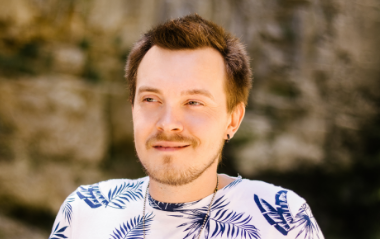
Changemakers
Ending the AIDS epidemic
Reduce discrimination and remove the barriers vulnerable populations face when accessing healthcare in one of the few regions in the world where infections continue to rise.
NEWS at RADIAN - November 2021
-
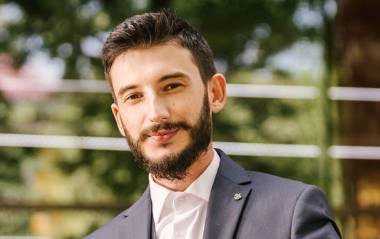
Changemakers
Peer-led activism
Stigma around HIV is still rife, but new programmes are helping people become more aware and speak openly about living with the virus.
NEWS at RADIAN - November 2021


